Forget civics class: Students want to make a difference in real life
The Hechinger Report
OCTOBER 29, 2020
Now they are demanding a greater role in school policy and the decisions that shape their educations. The reality is that in most school governance systems, young people are systematically marginalized … and students play absolutely no role.” Related: Students have their own demands for school reopening.



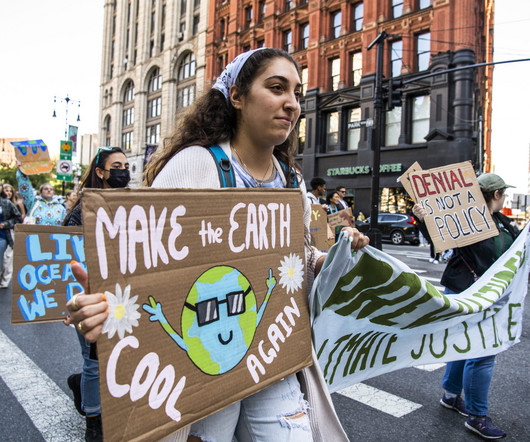

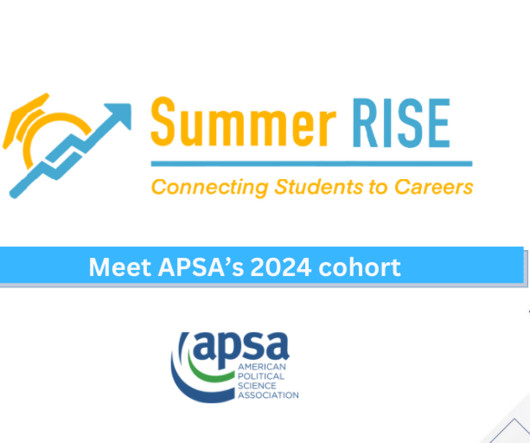
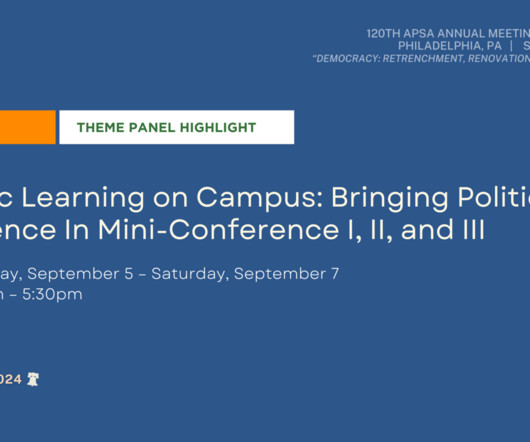

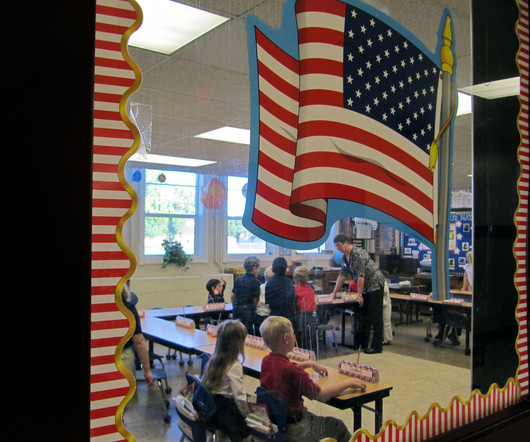



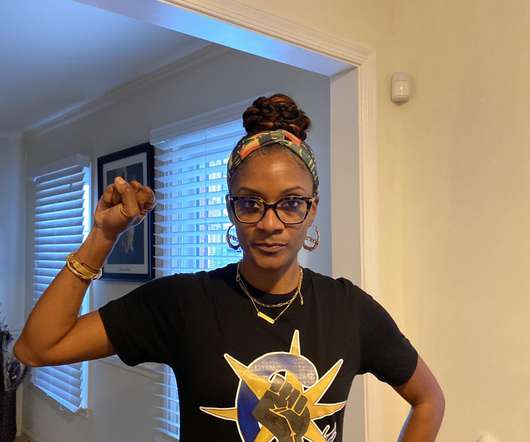






Let's personalize your content